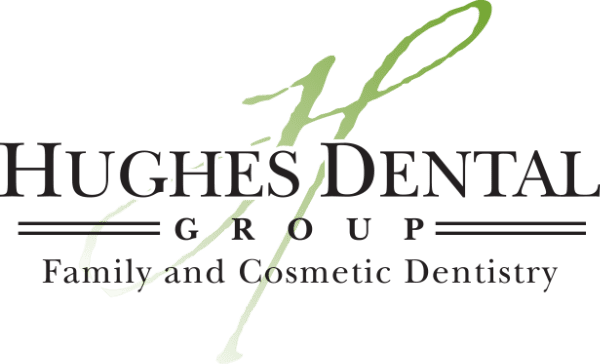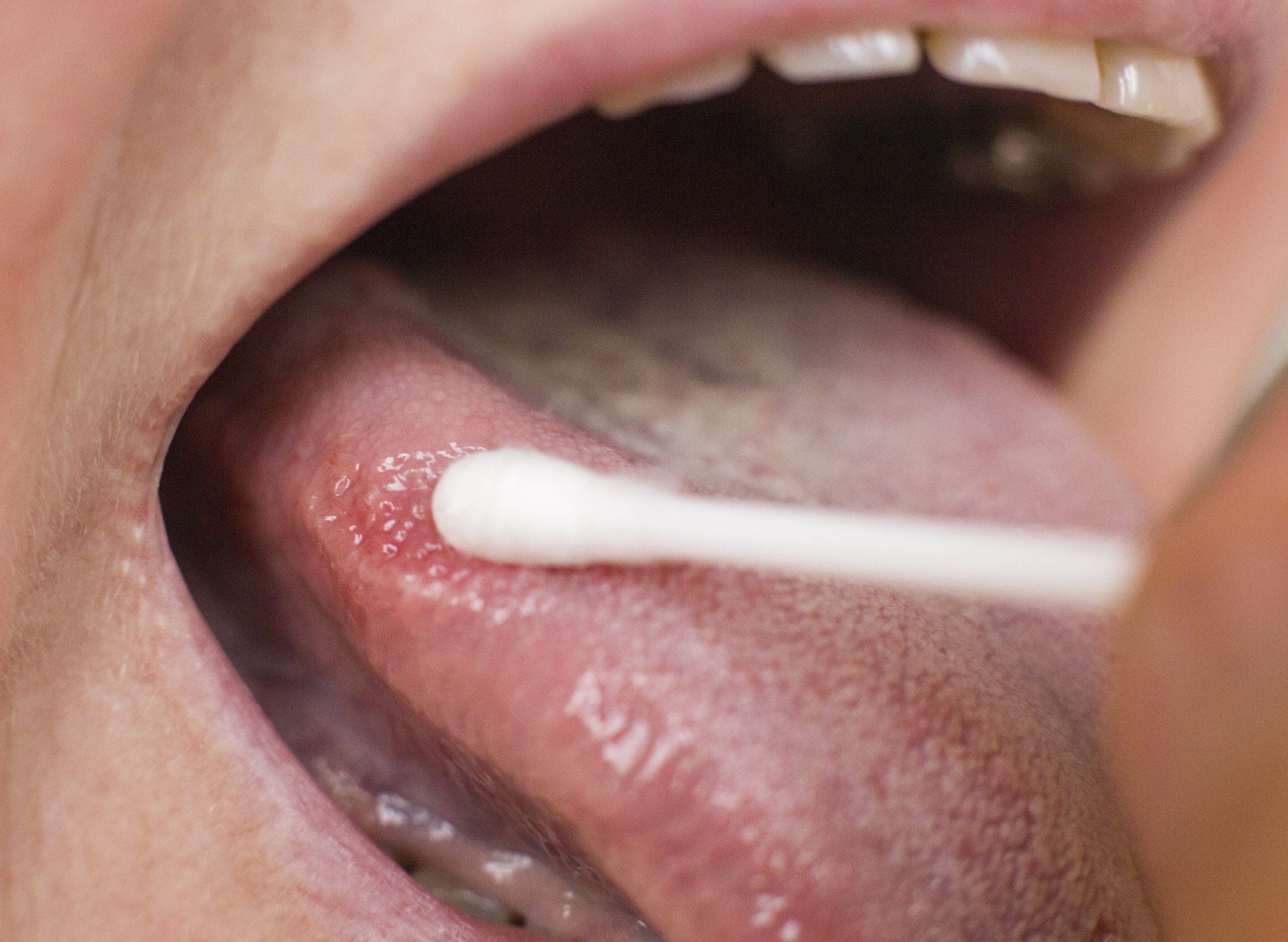Are you aware of the oral cancer risk factors that could potentially affect your health? Oral cancer can develop due to a variety of factors, including lifestyle choices and genetic predispositions. Understanding these risks is crucial for recognizing how they might impact individuals differently.
Oral Cancer Risk Factors: Tobacco Use and Oral Cancer
Tobacco use is one of the most significant oral cancer risk factors. Whether it’s smoking cigarettes, cigars, or using smokeless tobacco products like snuff or chew, all forms of tobacco expose users to harmful substances that can lead to the development of cancer in the mouth. The chemicals in tobacco products damage the cells in the oral cavity, potentially causing mutations that lead to cancerous growths. The risk increases with the amount and duration of tobacco use, making long-term users particularly vulnerable to this serious health condition.
The relationship between tobacco use and oral cancer is well-documented and alarming. It’s crucial for individuals to be aware of how their habits might impact their health. For more detailed information on how to identify potential warning signs of this disease, you might want to read about the Symptoms of Oral Cancer: Recognize the Warning Signs.
Alcohol Consumption’s Role
Alcohol consumption is widely recognized as a significant risk factor for developing oral cancer. The relationship between alcohol and oral cancer is particularly strong when it comes to heavy and prolonged drinking habits. Alcohol acts as a solvent, enhancing the penetration of other carcinogens into the cells lining the mouth. Additionally, it metabolizes into acetaldehyde, a chemical that can damage DNA and prevent its natural repair, potentially leading to cancerous mutations.
While the exact mechanisms are complex, the correlation between high levels of alcohol intake and increased oral cancer risk is supported by numerous epidemiological studies. Understanding these risks is crucial for anyone concerned about their oral health. Discover Leo’s Oral Cancer Screening Options to learn more about how to manage and understand these risks effectively.
HPV Infection and Oral Risks
One of the significant oral cancer risk factors includes HPV (Human Papillomavirus) infection, which has been increasingly recognized in association with oral cancers. HPV is a common virus transmitted through intimate skin-to-skin contact, and certain strains of HPV are known to contribute to the development of cancers in the oral cavity. Understanding the link between HPV infection and oral cancer is crucial for awareness, as it highlights the importance of recognizing how viral infections can influence the risk of developing such serious conditions.
Genetic Susceptibility to Oral Cancer
While lifestyle choices and environmental exposures are significant oral cancer risk factors, genetic susceptibility also plays a crucial role. Research indicates that certain genes may predispose individuals to oral cancer, suggesting that family history could be a key factor in assessing risk. These genetic markers can influence how the body processes carcinogens and repairs DNA, potentially increasing the likelihood of developing oral cancer. Understanding your genetic background might help in recognizing your risk level, although it’s important to consult healthcare professionals for comprehensive assessments. For those concerned about their oral health, visiting established clinics like Hughes Dental Group Family and Cosmetic Dentistry can provide peace of mind. Learn more about their services at Leo Dentist.
Sun Exposure and Lip Cancer
Sun exposure is a significant concern when discussing oral cancer risk factors, particularly its role in the development of lip cancer. The lips, being more exposed and less protected than other parts of the mouth, are particularly vulnerable to the damaging effects of ultraviolet (UV) rays from the sun. Chronic sun exposure can lead to changes in the cells of the lips, potentially leading to lip cancer. Understanding how sun exposure relates to oral cancer is crucial for recognizing the broader spectrum of oral cancer risk factors.
Diet Influence on Oral Health
A balanced diet plays a crucial role in maintaining overall oral health and can significantly impact oral cancer risk factors. Consuming a diet high in fruits and vegetables provides essential vitamins and antioxidants that help protect against oral cancer. Conversely, diets high in processed foods, red meats, and excessive alcohol can increase the risk of developing this disease. It’s important to understand how the foods we eat influence not only our general health but specifically our oral environment, potentially leading to or warding off oral cancer.
Age Factor in Cancer Development
As we delve into oral cancer risk factors, it’s crucial to consider how age plays a pivotal role in the development of this disease. Statistics reveal that the majority of oral cancer cases are diagnosed in individuals over the age of 40, with the risk escalating significantly as people age. This increase is likely due to cumulative exposure to other risk factors such as tobacco use, alcohol consumption, and HPV over the years. Understanding this age-related susceptibility is essential for early detection and prevention strategies, highlighting the importance of regular dental check-ups and screenings, especially for those in higher age brackets.
Gender Differences in Cancer Rates
When discussing oral cancer risk factors, it’s crucial to consider gender differences in cancer rates. Statistically, men are more likely to develop oral cancer compared to women. This disparity may be attributed to higher rates of tobacco and alcohol use among men, which are significant risk factors for oral cancer. Additionally, recent studies suggest that hormonal differences between genders could influence the susceptibility and progression of this disease. Understanding these gender-specific trends is essential for targeted prevention and early detection strategies.
Immune System Deficiencies Impact
When discussing oral cancer risk factors, it’s crucial to consider the role of immune system deficiencies. A weakened immune system can significantly elevate the risk of developing oral cancer, as it impairs the body’s ability to fight off infections and diseases, including those that can trigger cancerous changes in the mouth. Individuals with immune deficiencies, whether due to genetic conditions, medical treatments like chemotherapy, or diseases such as HIV/AIDS, should be particularly vigilant about oral health and regular screenings. This heightened awareness and proactive management are key in mitigating the impact of immune system deficiencies on oral cancer risk.
Conclusion
Understanding oral cancer risk factors is crucial for everyone. If you have concerns, consider discussing them with a professional. For more information, call us at 260-627-5345 or read our reviews on Google Maps.

